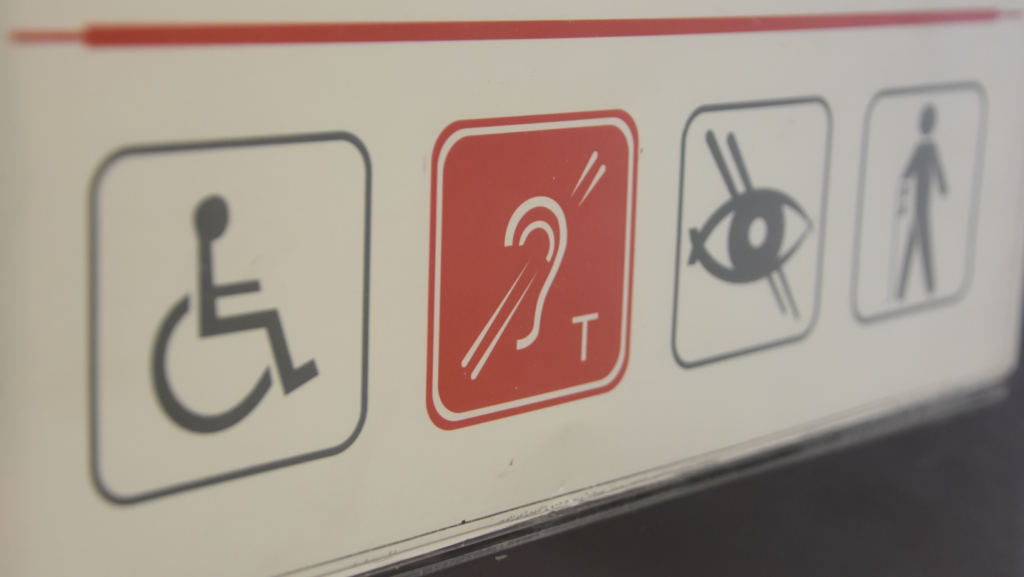Disability Resources

Students should be prepared for the fact that ability/disability may be culturally defined. Attitudes toward persons with disabilities and levels of accessibility can vary greatly from country to country. Before you leave, find out as much as you can about your host culture and how local people view disability. The more you know, the better prepared you will be for your integration into your new environment. While study abroad can be challenging for persons with disabilities, an overseas experience may help you learn more about yourself than you could ever imagine. Please discuss your questions and concerns about this or any other issue with your education abroad advisor.
Preparing to Study Abroad
The choice of a study abroad program is an important one. Students with disabilities should be informed about accessibility and accommodations before making a final decision about where to go and which education abroad provider to select. Remember the different cultures may provide access and accommodations in different ways. Learn about what types of accommodations are available in your host country. Be flexible and open to considering different ways of accommodating your needs.
Some students who do not choose to request accommodations while on campus here at UMW may feel they need additional help while overseas, particularly if you will be studying in a foreign language. This is perfectly acceptable, but in order to request services students must register with UMW’s Office of Disability Resources prior to departure.
Discuss your plans early on with a Disability Resources advisor so that you can receive assistance in selecting a program and evaluating the type of accommodations that are possible at the selected site. Prior to your departure, you will need to get a letter of accommodation. This letter will be needed in order to request accommodations once you arrive at your destination. Most education abroad providers will NOT provide accommodations without supporting documentation from the sending university.
While Living and Studying Abroad
One of the most important qualities for any study abroad participant is flexibility. You are going abroad to experience a different way of life, which may include a different way of dealing with your needs and a different degree of independence than you may be accustomed to while at home. It will be important to communicate your needs with program staff. It is equally important to consider alternate ways to meet those needs.
In preparation, think about how you will answer questions about your disability in the language of your host country. Consider how your medications, sleep patterns, dietary or other needs may affect you and/or others on your program. It is important to make the necessary preparations to ensure your needs are met while abroad.
Bringing the Experience Home
Preparing for your return home is equally as important as preparing for your departure. Give thought to what you have gained from your education abroad experience. Before you return to the U.S. it is helpful to consider how changes in your self-identity may affect your relationship with family and friends back home.
Additional Links
- Mobility International USA (MIUSA)
- MIUSA: American Going Abroad
- MIUSA: Preparing to Go Abroad with a Disability
- U.S. Dept. of State: Travelers with Disabilities
- Diversity Abroad
- Diversity Abroad: Culture & Diversity Destination Guides
- Country & Culture Guides
- Diversity Abroad: Engaging in Challenging Conversations Abroad
- Resources for First Time Travelers (Google Doc)